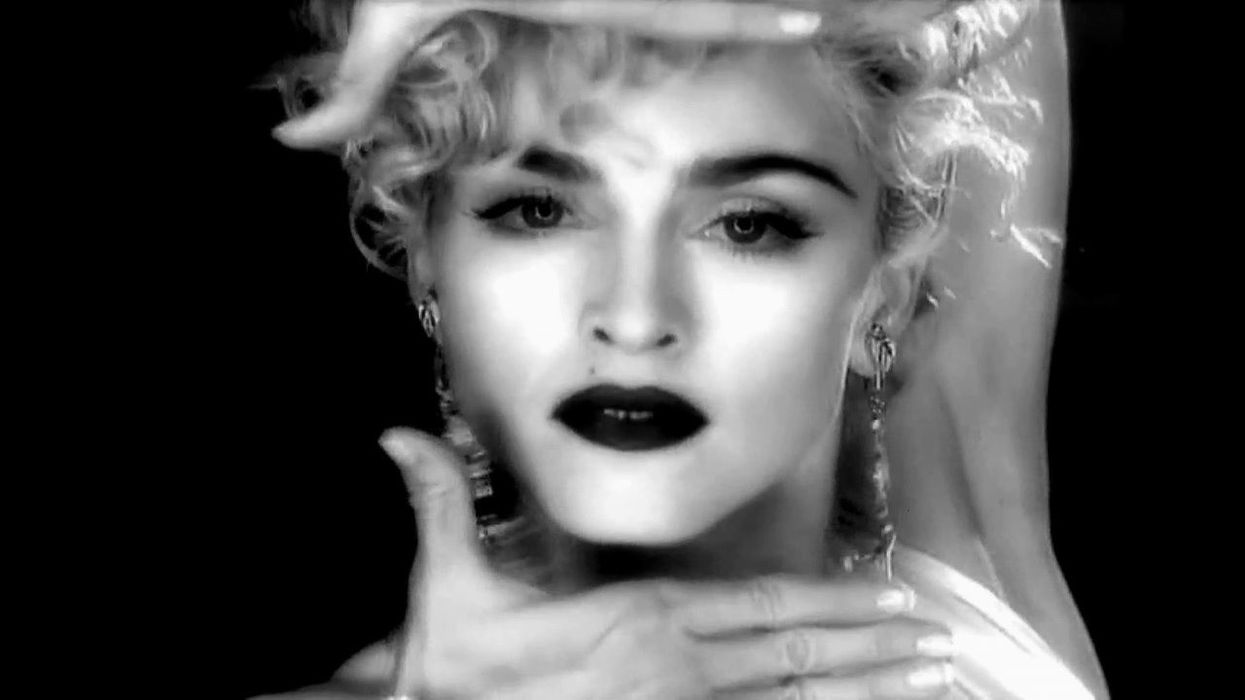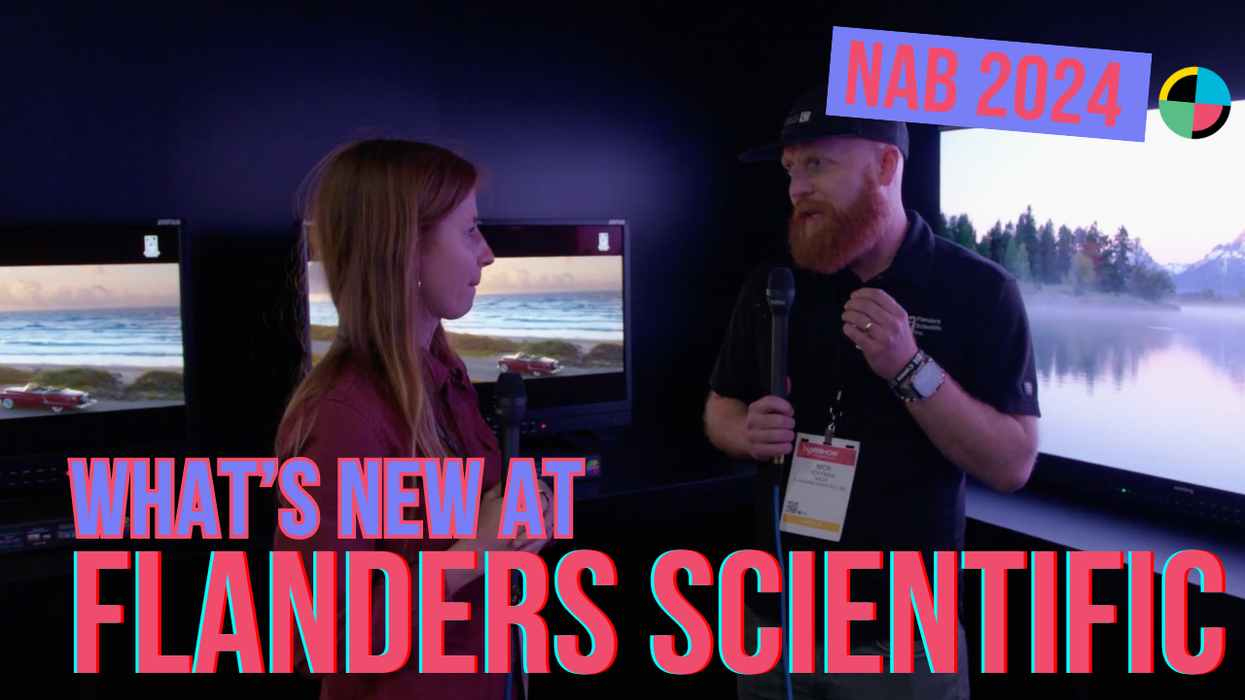Watch: What Makes David Fincher One of the Best Music Video Directors of All Time
David Fincher launched his career and perfected his style with music videos. Here's how.

Like Spike Jonze, Michel Gondry, and so many working directors today, David Fincher got his start directing music videos in the '80s and '90s.
As video essayist Patrick Willems argues, Fincher's artistic evolution took place through his music videos. This is how he was able to hit the ground running; by the time Fincher directed his feature debut, Alien 3, he had already honed his voice as an auteur directing music videos for Madonna (Vogue and Express Yourself, among others)
Part of what makes Fincher such a great music video director, Willem notes, is his intimate understanding of the form. Many accomplished auteurs who direct music videos treat them as a veritable short film—a chance to exercise their experimental muscles and try out some new ideas. Fincher, however, works within the pop music video medium, delivering exactly what it calls for: visuals that "look how the song sounds." Each shot is designed to evoke the music and enhance our experience of it.
Unlike most pop music videos, which feature many different angles strung together with the most rapid editing possible in order to induce energy (Willems excoriates one of Ariana Grande's), Fincher approaches the music video with intentionality. Every shot serves a purpose. His rhythmic editing cuts around the vocals and on the beat of the music (as opposed to generic pop videos, like Grande's, which cut through vocals, effectively vivisecting lyrics).
Willems also argues that Fincher doesn't get enough credit for his prowess in directing choreography. As he does with the visuals in his music videos, Fincher cuts around the choreography in order to display it at its fullest potential.

 No Film School's coverage of
No Film School's coverage of 









